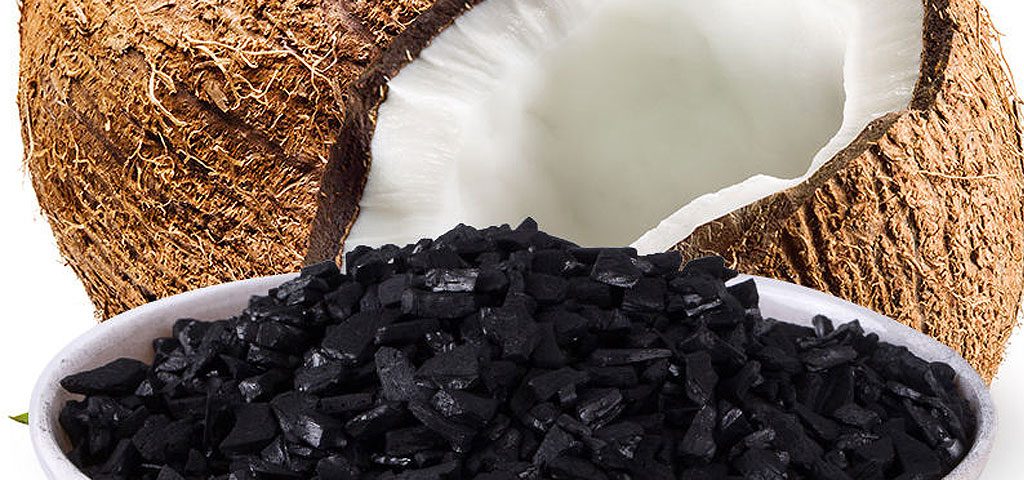Activated Carbon

Activated carbon is a well-known substance famous for its ability to adsorb chemicals and organic compounds. Thanks to its superior adsorption properties it is broadly used in many environmental sustainability applications to #filter contaminants from water and air.
The activated carbon or activated charcoal is usually made from carbon-rich organic materials such as coconut husk, coal and wood. Through the activation process, which can be physical, chemical or both, the surface area of the carbon is enormously increased (up to 3000 sqm per gram). Due to its high level of microporosity, activated carbon provides adsorption sites to many organic compounds.
As #environmental regulations continue to become more stringent, this material is becoming increasingly popular. Activated carbon is used in many residential water purification systems to enhance color and odor of the filtered water by removing chemicals that give objectionable odors or tastes to the water such as chlorine, hydrogen sulfide and to improve the quality by filtering organic compounds such as PFAS.
Activated carbon is in charge of upholding water quality in both municipal and industrial treatment plants by removing soluble organics, some inorganics and heavy metals thus preventing those components to end up in our drinking water. It is also widely used in ground water remediation to remove volatile organic compounds (VOC) from contaminated #groundwater.
Activated carbon can be reactivated and reused after saturation depending on the type of adsorbed contaminants.